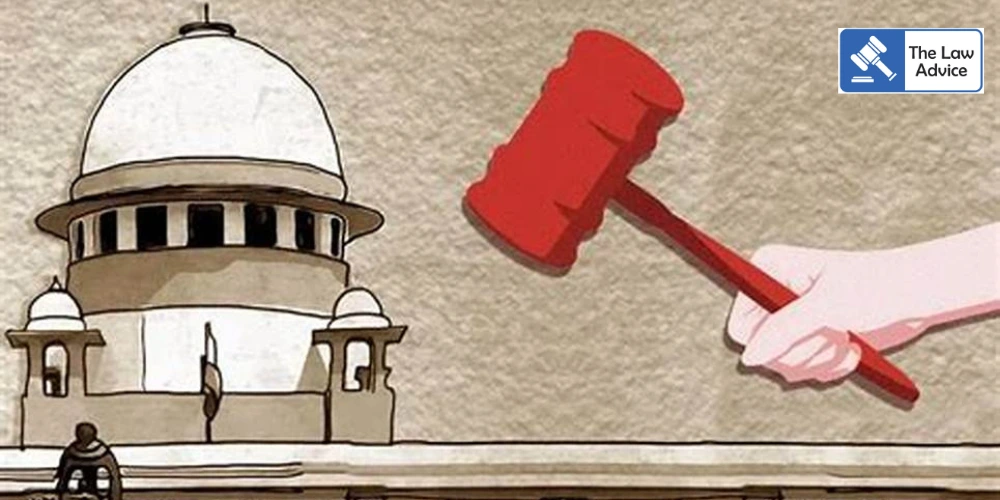New Delhi | July 23, 2025
In a firm reiteration of judicial hierarchy, the Supreme Court on Tuesday declined to entertain a plea challenging a controversial media gag order issued by a Bengaluru civil court in connection with the alleged illegal burials at the Dharmasthala temple premises.
The petition, filed by a digital news platform, questioned the sweeping order that reportedly directed over 350 media outlets to remove or hide content linked to the allegations. However, the apex court declined to intervene directly and advised the petitioner to approach the Karnataka High Court first.
“Why bypass the High Court? If you are aggrieved, your first remedy lies there,” remarked the Bench led by Chief Justice B.R. Gavai, along with Justices K. Vinod Chandran and Justice Joymalya Bagchi.
The Background
The case stems from a disturbing revelation made earlier this year by a former sanitation worker who claimed he was involved in mass burials within the Dharmasthala temple compound between 1995 and 2014. Following the disclosure, an FIR was registered, and a Special Investigation Team (SIT) was constituted by the Karnataka Government to look into the matter.
Soon after the media began reporting on the development, a civil suit was filed by Harshendra Kumar D., the brother of the temple’s Dharmadhikari (hereditary trustee), alleging that the coverage was defamatory, unverified, and damaging to the institution’s reputation.
The trial court, acting on the suit, issued an ex parte injunction order, asking online platforms to take down or block access to thousands of URLs containing video reports, news articles, tweets, and other social media posts related to the allegations.
The Plea in Supreme Court
Unhappy with the sweeping nature of the gag, a YouTube channel named ‘Third Eye’, one of the media outlets affected, approached the Supreme Court arguing that the gag was:
• Disproportionate and excessive
• Issued without hearing the affected parties
• A violation of the right to free speech and press under Article 19(1)(a)
However, the Supreme Court was clear in its approach don’t skip steps. It declined to hear the matter and directed the petitioner to first approach the Karnataka High Court.
Why This Matters
This case has now become a critical touchpoint for three important debates:
1. Freedom of the Press vs. Right to Reputation
Can media houses be pre-emptively silenced before courts have verified the truth of their reporting?
2. Ex Parte Orders in Defamation
The ease with which lower courts can restrict public access to controversial stories raises questions about procedural fairness.
3. Judicial Discipline
The Supreme Court’s refusal reinforces the principle that constitutional courts should be approached only after exhausting local remedies.
Case Title: Third Eye v. Harshendra Kumar D. & Ors.
